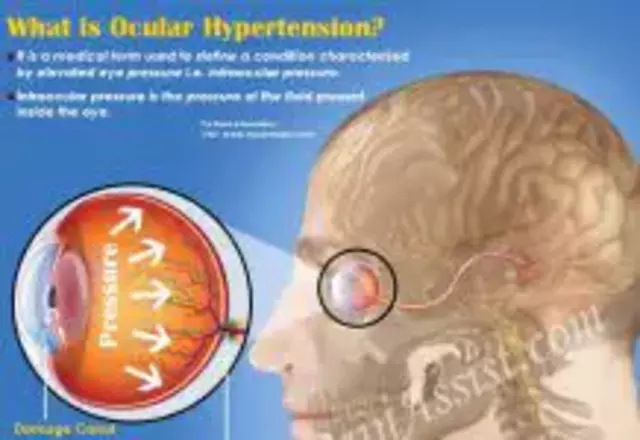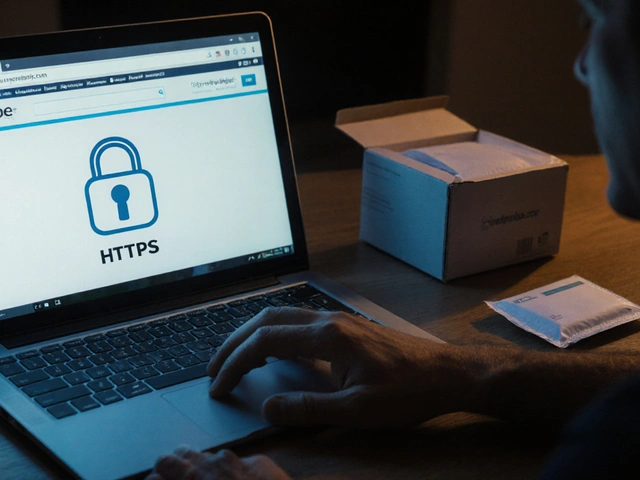Medical Accuracy: How We Verify Health Information
Health facts matter. A small mistake about a drug dose or side effect can change decisions and outcomes. On 24x7Pharma we focus on medical accuracy so you get clear, dependable information when reading about medications, conditions, or treatment options.
Here I’ll show how we check facts, what you should watch for when reading health content, and quick tricks to spot shaky information. No jargon, just usable steps.
How we check medical accuracy
First, we start with primary sources: peer-reviewed journals, clinical guidelines from recognized bodies (FDA, EMA, WHO), and official drug labels. When an article references a study, we open the original paper — not just a news summary — to confirm the findings and limitations.
Authors and reviewers matter. Medical or pharmacy credentials, clinical experience, or documented expertise on a topic are flagged. Content without a named author or review by a clinician gets extra scrutiny or a clear disclaimer.
We date everything. Medical advice changes fast, so we note when information was last checked and update posts if new evidence appears. If a treatment or safety warning changed since publication, we add an update note or correct the article.
We call out uncertainties. If evidence is weak, mixed, or based on small trials, we say so. That helps you weigh how much trust to place in a claim and encourages talking to a clinician before changing treatment.
Tips for spotting accurate medical content
Check the source: Is the information tied to a medical journal, guideline, or an identifiable clinician? If it’s an anonymous blog or a single social post, be skeptical.
Look for citations and dates: Reliable pieces link to studies and state when they were updated. Vague claims without references are red flags.
Be wary of absolute promises: Words like “cure,” “guaranteed,” or “miracle” often signal marketing, not science. Real medical findings usually include nuance and limits.
Watch for conflicts of interest: If an article pushes a specific drug or product, check whether the author or site has financial ties to sellers or manufacturers.
If a drug or dosing question affects you, ask a clinician. Use trusted pharmacy services for prescriptions and avoid buying controlled medicines from unverified sites. Our drug guides aim to explain uses, side effects, and safe handling, but they don’t replace professional advice.
Medical accuracy is a habit, not a one-time fix. Read critically, follow trusted sources, and when in doubt, talk to a healthcare provider. If you want, browse our tagged articles here for examples of source-backed drug guides, reviews, and safety tips that follow these checks.
WebMD is famous for its health information, but it's not the only player in town—and it's definitely not the most specialized or accurate. This article explores platforms delivering sharper, more up-to-date medical expertise and better user experiences than WebMD. You'll discover resources honed to precision, offering support for specific health needs including rare conditions, mental health, and drug information. Get practical advice for navigating these alternatives safely and efficiently. If you ever felt your Google diagnosis spiraled out of control, you'll want to read this.
Read more





